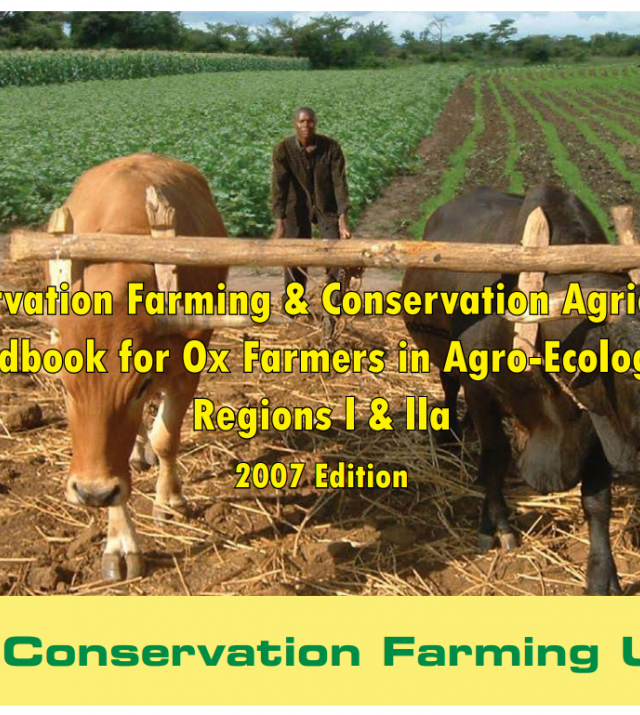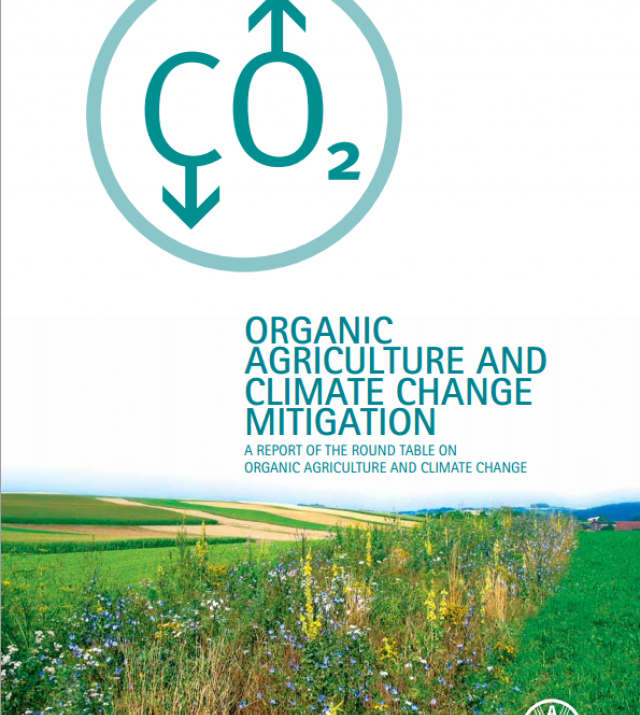
Climate Change and Food Systems Resilience in Sub-Saharan Africa

The Conference on Ecological Agriculture: Mitigating Climate Change, Providing Food Security and Self-Reliance for Rural Livelihoods in Africa was held in Addis Ababa, Ethiopia on 26-28 November 2008. It was organised by the African Union (AU), Food and Agriculture Organization of the United Nations (FAO) and the Ministry of Agriculture and Rural Development of Ethiopia, in collaboration with the Institute for Sustainable Development (ISD), Ethiopia and the Third World Network (TWN).
Over 80 participants from 15 African countries - Benin, Burundi, Djibouti, Ethiopia, Kenya, Madagascar, Malawi, Mali, Nigeria, Rwanda, Sudan, Tanzania, Uganda, Zambia and Zimbabwe - attended the Conference. The participants included policy-makers, agriculture experts representing governments, NGOs, farmers’ organizations, universities, and international and regional bodies such as the AU, FAO, United Nations Conference on Trade and Development (UNCTAD), the UNEP-UNCTAD Capacity Building Task Force on Trade, Environment and Development (CBTF), International Food Policy Research Institute (IFPRI), International Assessment on Agricultural Knowledge, Science and Technology for Development (IAASTD) and World Food Programme (WFP).
The Conference was preceded by a field visit to the Axum area in Tigray Region in northern Ethiopia on 23-25 November 2008, to visit some of the communities of smallholder farmers that the Tigray Regional Bureau of Agriculture and Rural Development of Ethiopia and ISD have been working with on ecological agriculture since 1996. This was an appropriate experience to help focus attention on the aspects of the ecosystem that can easily respond to appropriate management, so as to stimulate discussion on experiences relevant for raising agricultural production, mitigating and adapting to climate change, and achieving the Millennium Development Goals (MDGs) in Africa.
This volume represents the collective knowledge and subsequent writings of this Conference’ participants.

